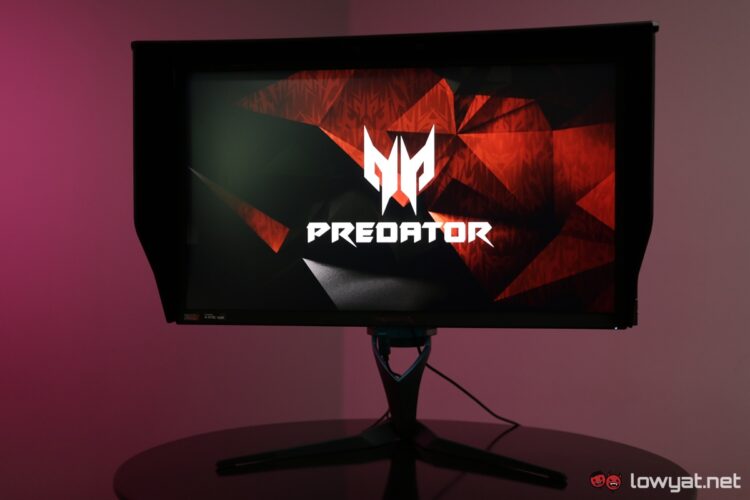Back in September last year, we had a chance to test out the ASUS ROG Swift PG27UQ 4K HDR gaming monitor. Referred to unofficially as the “God monitor”, it was the first time we ever played with a gaming monitor of such calibre, and suffice to say, it didn’t disappoint.
Fast forward to today, Acer’s own 4K HDR gaming monitor, the Predator X27, was sent to our office. Featuring identical nearly identical specs and features, the thing we want to know is; How different is it from the competition?
What Is It?
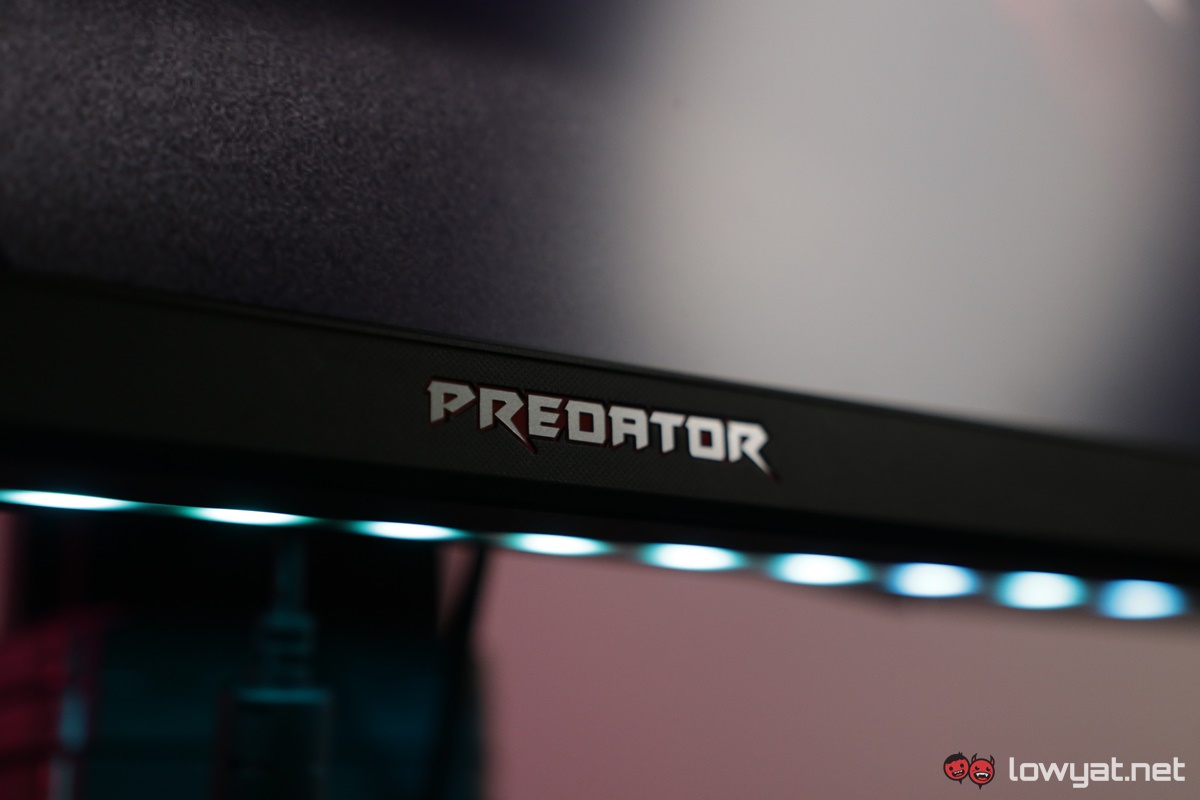
Let’s start with a breakdown of the Predator X27. As mentioned, the Predator X27 gaming monitor is a 4K HDR monitor. It’s display panel measures in at 27-inch, has a maximum ratio of 16:9, and is made using Quantum Dot technology. Just like its competition, it has a maximum refresh rate of 144Hz and fast response time of 4ms (grey-to-grey scale).
Also like the PG27UQ, the Predator X27 is fitted with NVIDIA’s 2nd generation G-Sync HDR that, as the name suggests, enables the monitor run video game titles that support the feature. Such as Battlefield V and Shadow of the Tomb Raider.
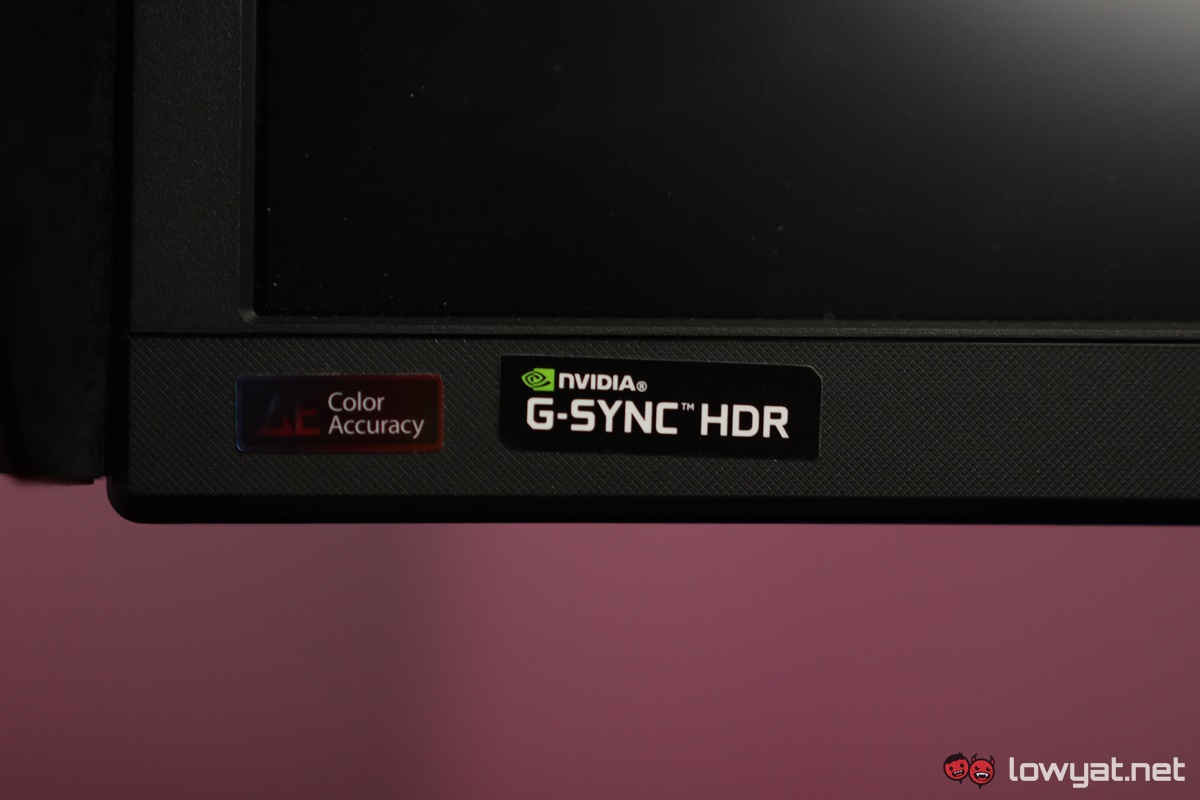
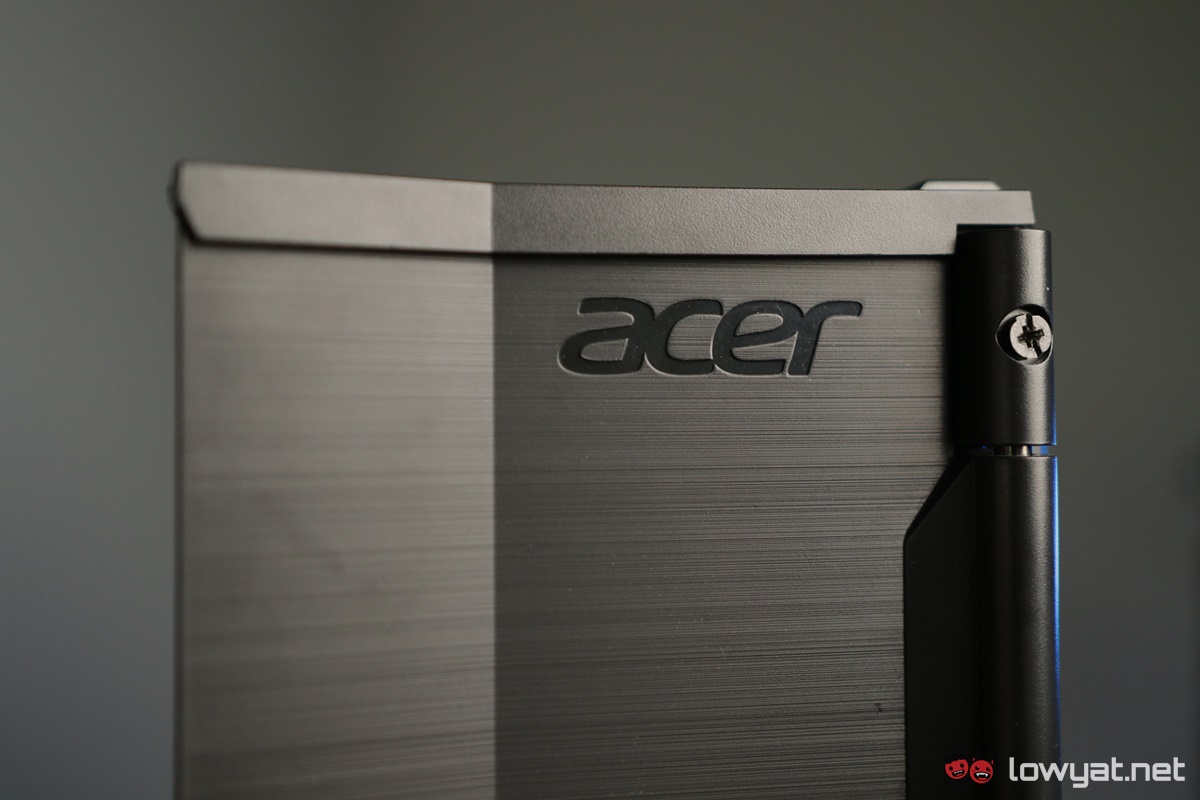
One thing the Predator X27 does have that the PG27UQ doesn’t are blinders. These black physical boards come with each unit of the monitor, and can easily be attached on the sides and the roof of the display. Besides gaming, it’s clear that Acer is also marketing the Predator X27 as a productivity monitor.
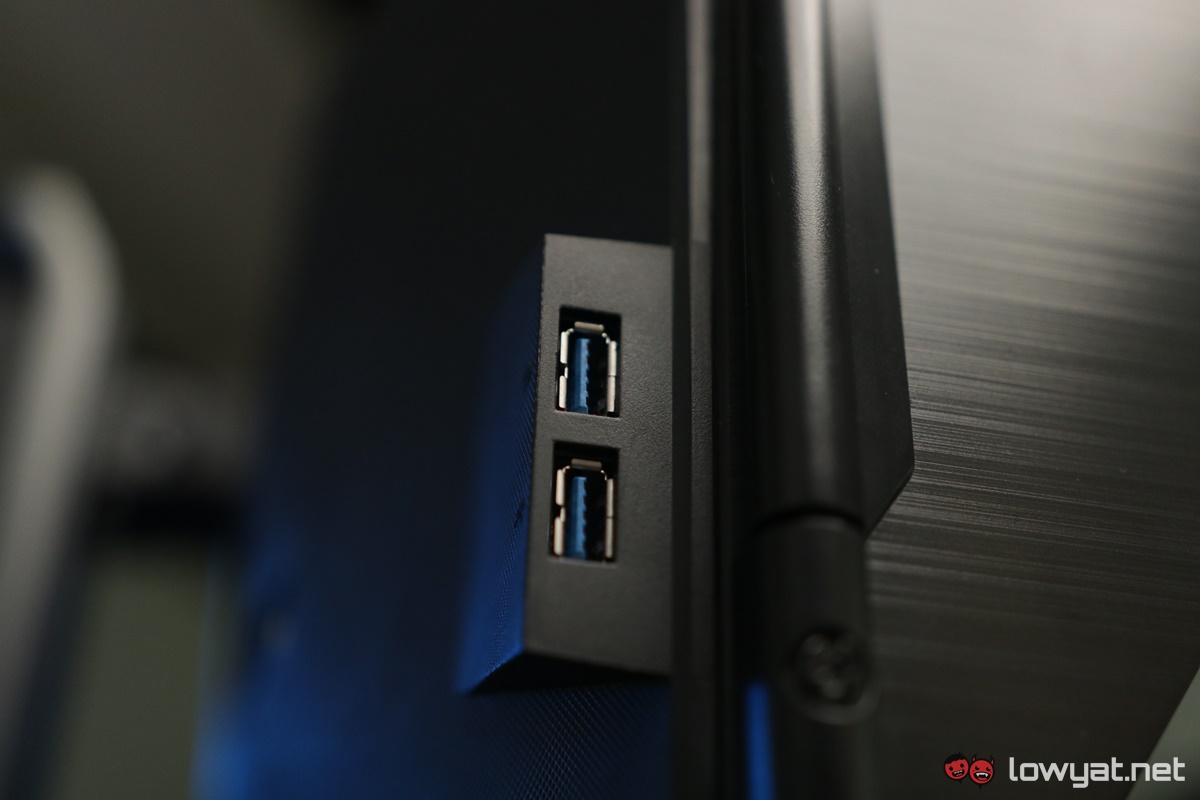
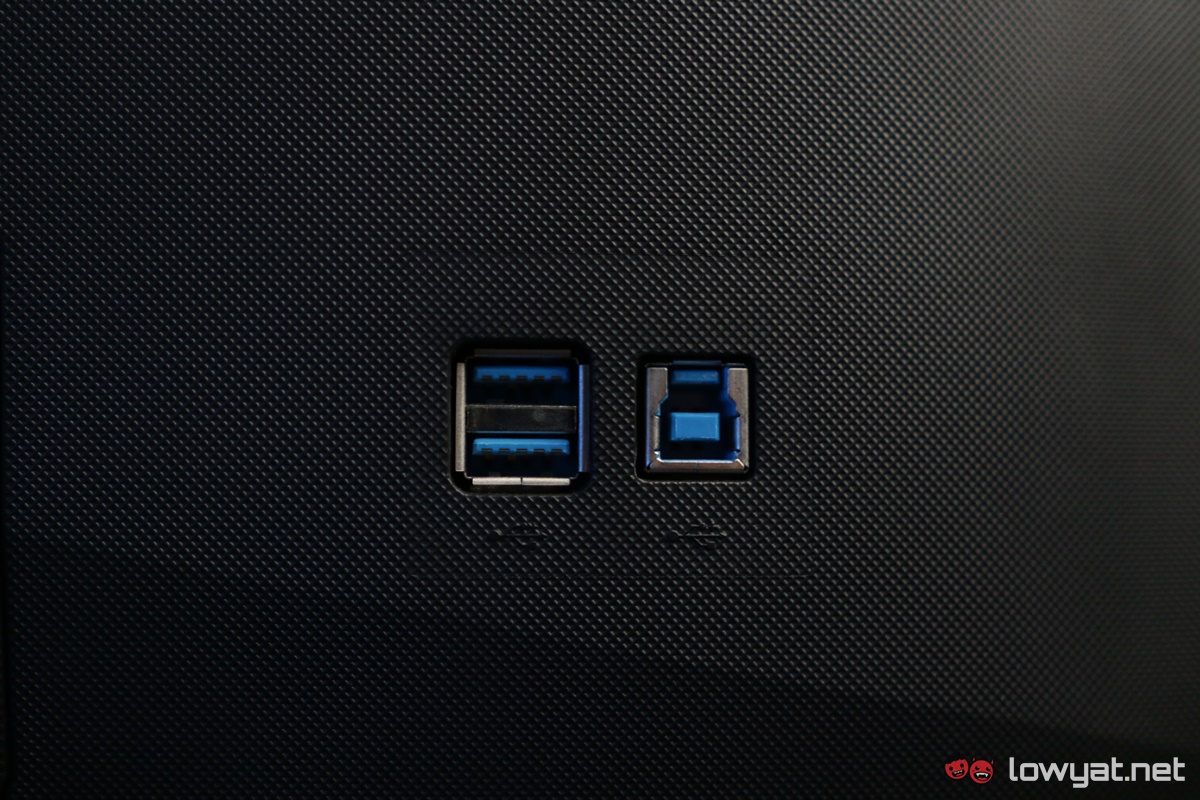
Acer also get a plus point for sensibility; I like how the Predator X27’s USB 3.0 ports are easily accessible, both from the side and its back. Granted, you still need to connect the ports to the PC via the provided adapter cable. But it’s still a damn sight more convenient than struggling to reach a port that is positioned in the undercarriage of the monitor.
Is It Any Good?

First thing that we noticed off the bat was the size of the Predator X27’s display. In contrast to the PG27UQ, Acer’s 4K HDR gaming monitor has noticeably thinner bezels. This makes the monitor that little more aesthetically pleasing to the eye.
Of course, the Predator X27 is fitted with RGB lightning, but Acer seems to have taken a classier, less garish approach to its implementation. Rather than integrate a great big glowing brand emblem into the rear of the display, the RGB is embedded in the spine of the display stand. By default, the feature projects itself through in a soft, rhythmic breathing pattern.
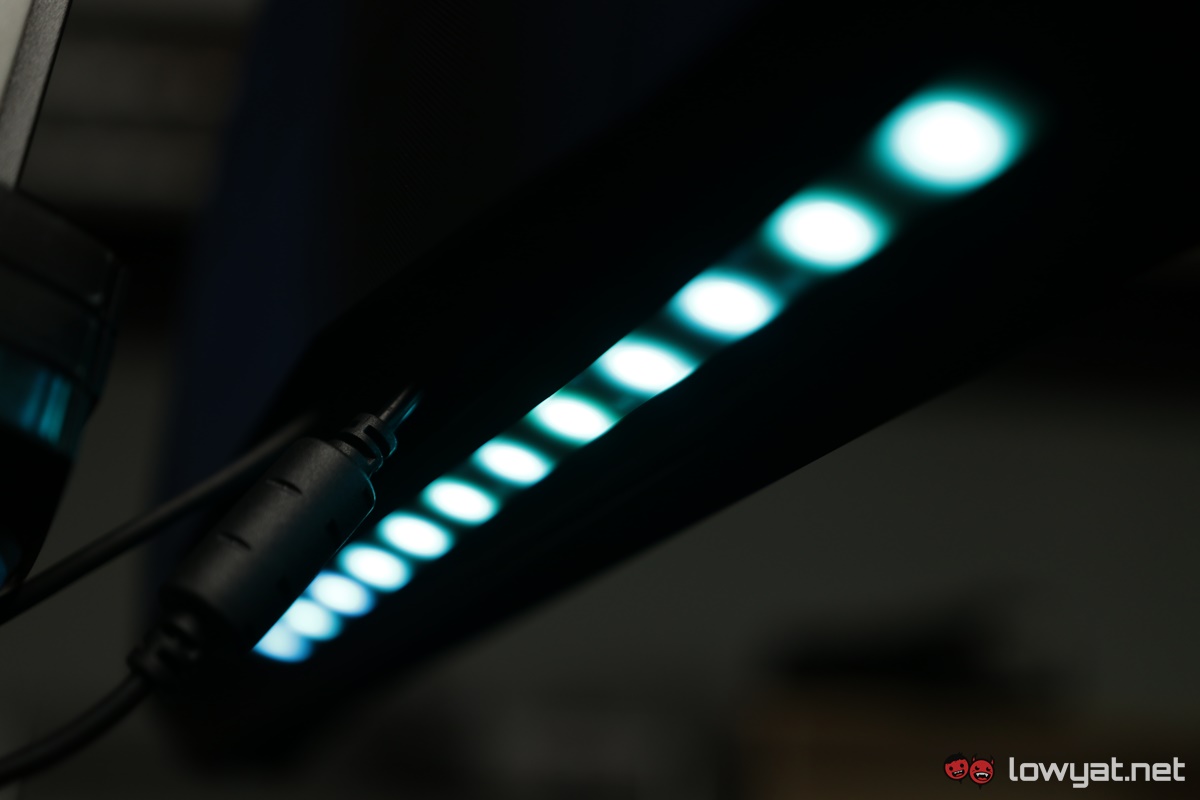
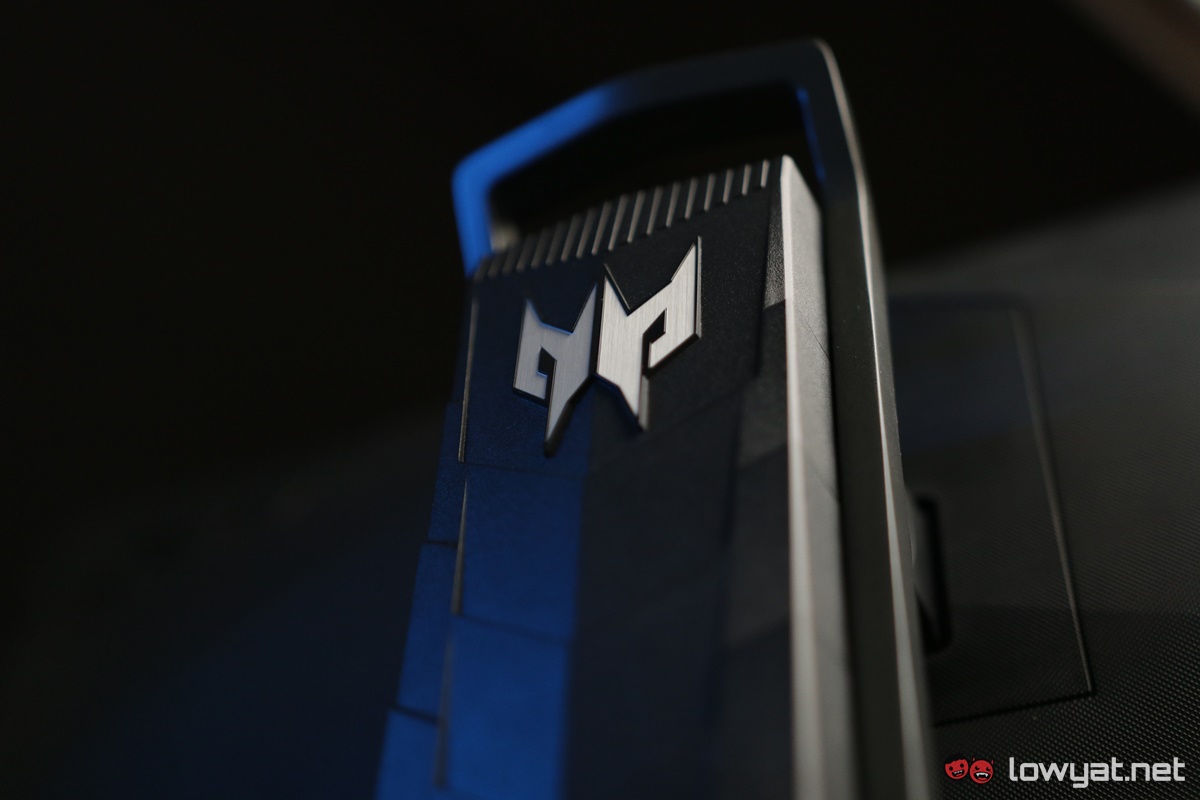
Speaking of garish, you’ll also notice that unlike the PG27UQ, the Predator X27 is void of a projector. Favouring a cleaner, more streamlined design over all the unnecessary showboating that ASUS did with its own monitor.
Thanks to the combination of 4K resolution and Quantum Dot technology, everything – from gaming, reading text, to watching high-resolution videos – looks sharp, crisp, or gorgeous. And that’s before you enable the display’s HDR mode.
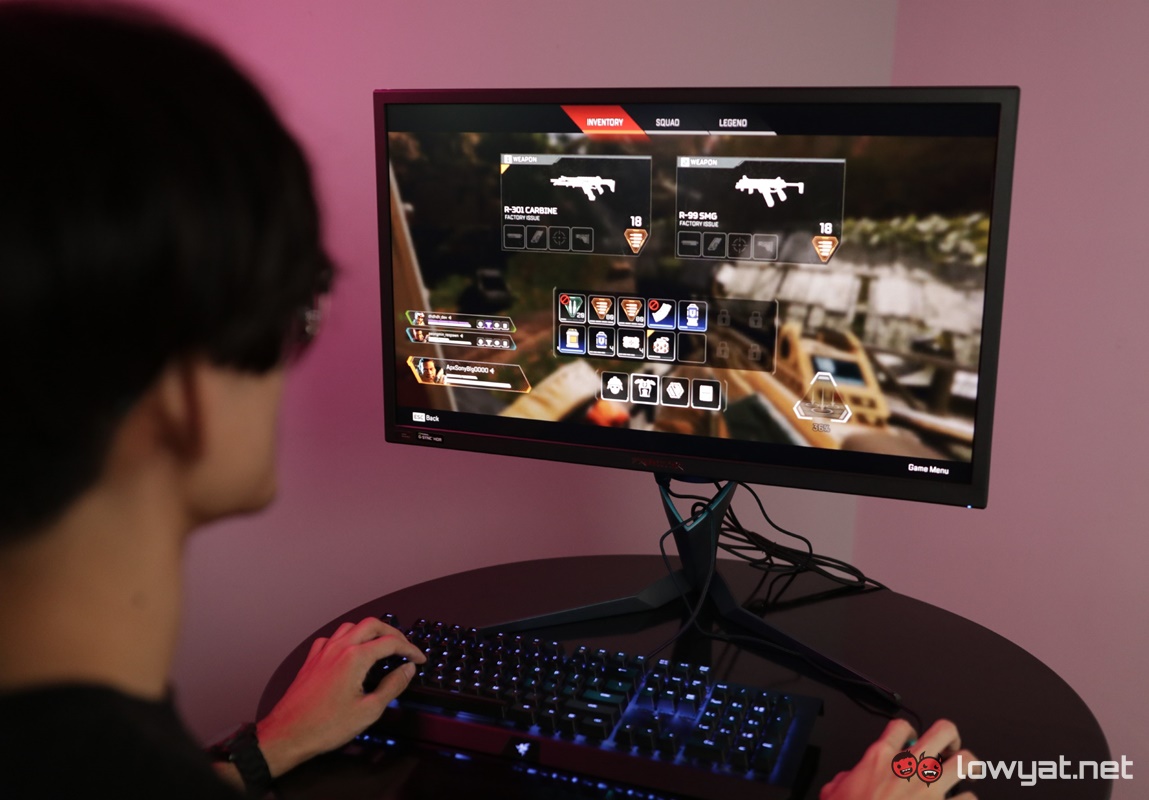
Speaking of HDR, the Predator X27’s HDR brightness caps out at 600 nits; it’s less than the PG27UQ’s maximum brightness of 1000 nits, but honestly, we didn’t even go past 400 nits during the review session.
The Bad Stuff. Tell Me.
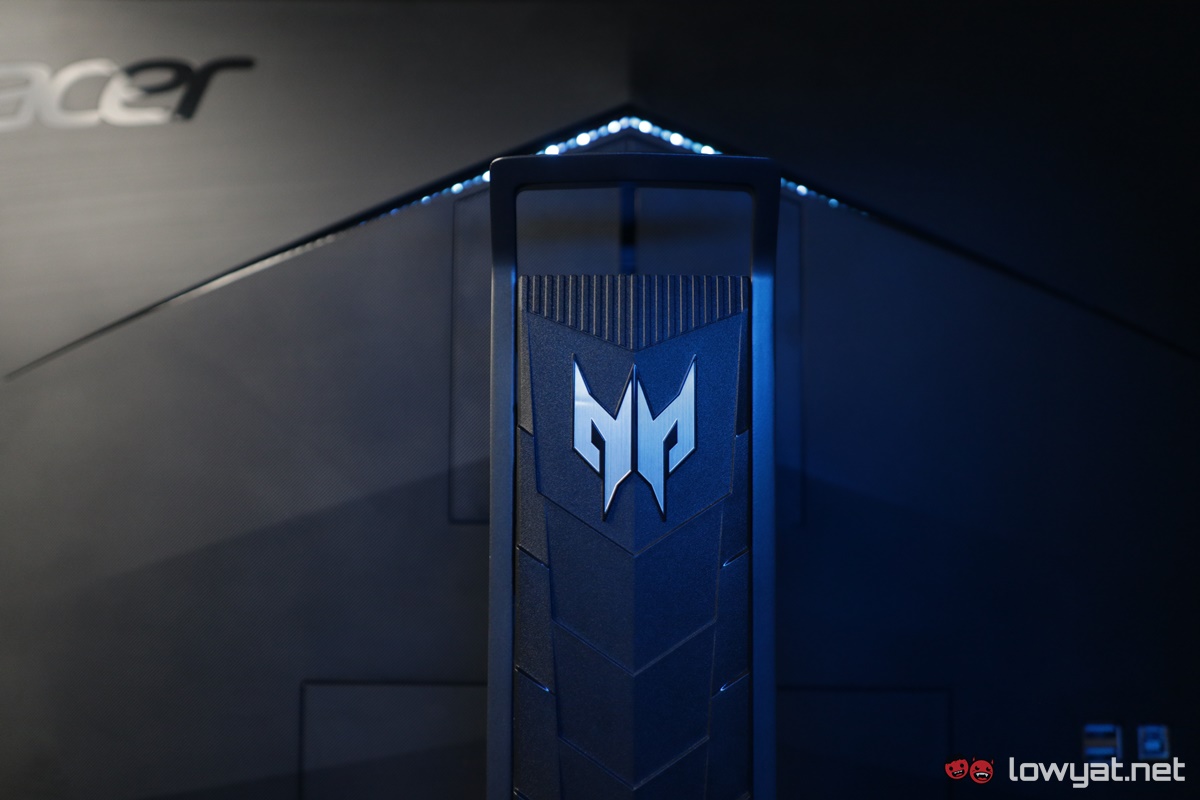
Much like ASUS’ PG27UQ, one of the more painful drawbacks to the Predator X27 is the asking price. The monitor costs a whooping RM9999. It’s not surprising, given all the bells and whistles that come with it. If there is one comforting fact, it’s this; the monitor is cheaper to own than ASUS’ own monitor, albeit at just RM1000 less.
Oddly enough, you can adjust the display’s height, tilt its vertical angle, swivel it left or right, but the monitor cannot be rotated from landscape to portrait mode. Beyond that, the only other gripe we have with the Predator X27 is with the HDR function.
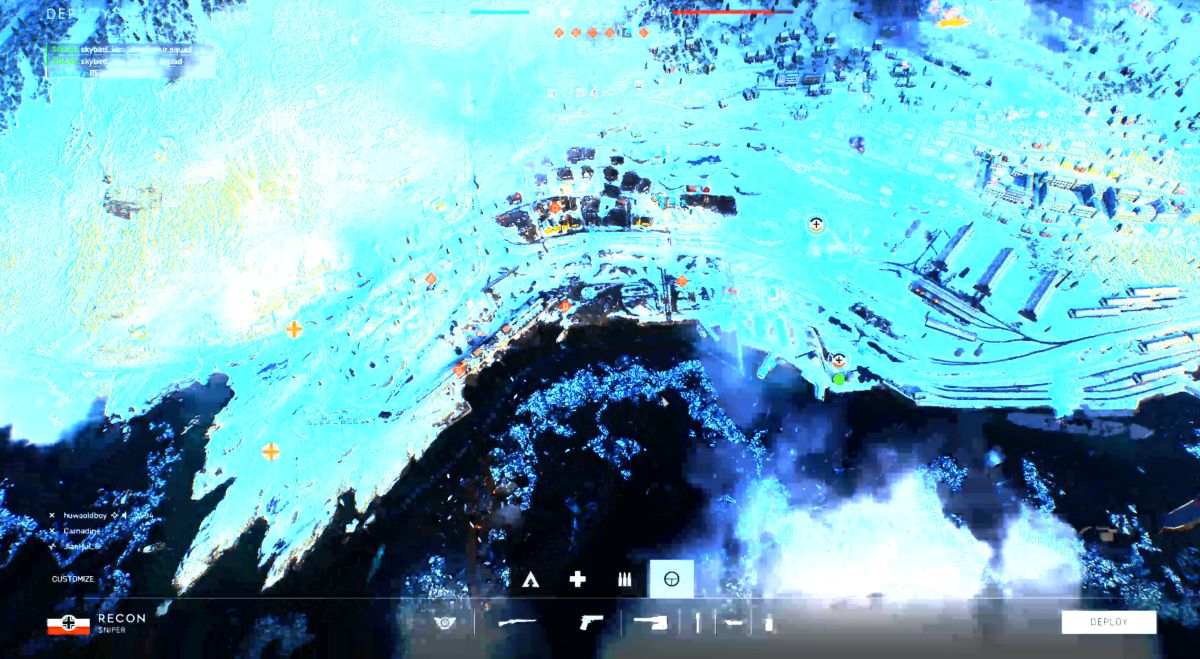
Sometimes when we turn on the HDR mode, the screen sports a weird, greyish tinge; almost as if it were a thin veil just covering the panel. The issue itself is a random occurrence; it goes away after turning the HDR mode off and on several times.
When it’s there, however, colours look washed out, bright areas – in game or videos – just look overexposed. Even worse, the issue is also carried forward if you’re recording gameplay footage via third-party software, or in our case, with NVIDIA’s ShadowPlay.
Should I Buy It?
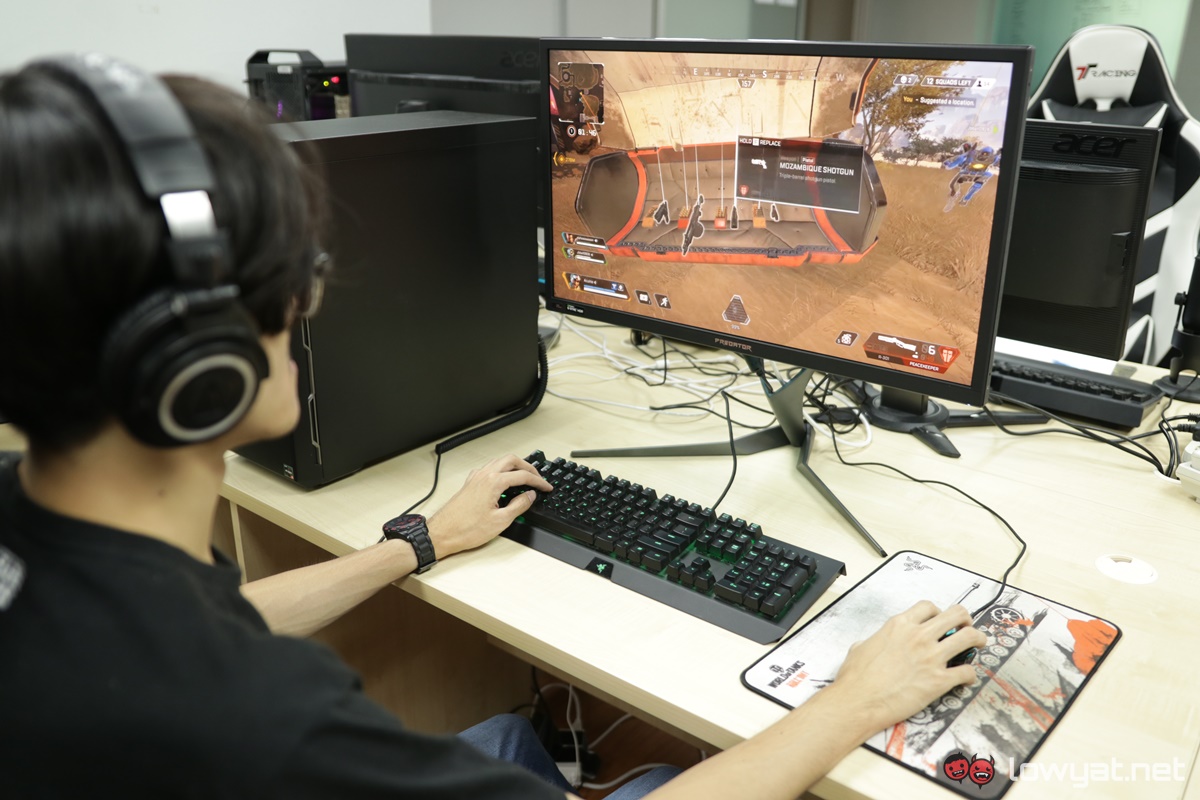
At RM9999, the Acer Predator X27 is the second most expensive premium gaming monitor in the Malaysian market. As such, the status quo for such monitor remains the same; owning this impressive display would mean that your dekstop PC would have to sport equally impressive hardware to properly benefit from it.
We’ve said it before, and we can say it again; gaming on a display that supports 4K, HDR, and a fast response time, and a refresh rate that goes beyond 60Hz, is a sublime experience that makes this a perfect addition to your gaming rig. Provided, of course, you have disposable income for it.

